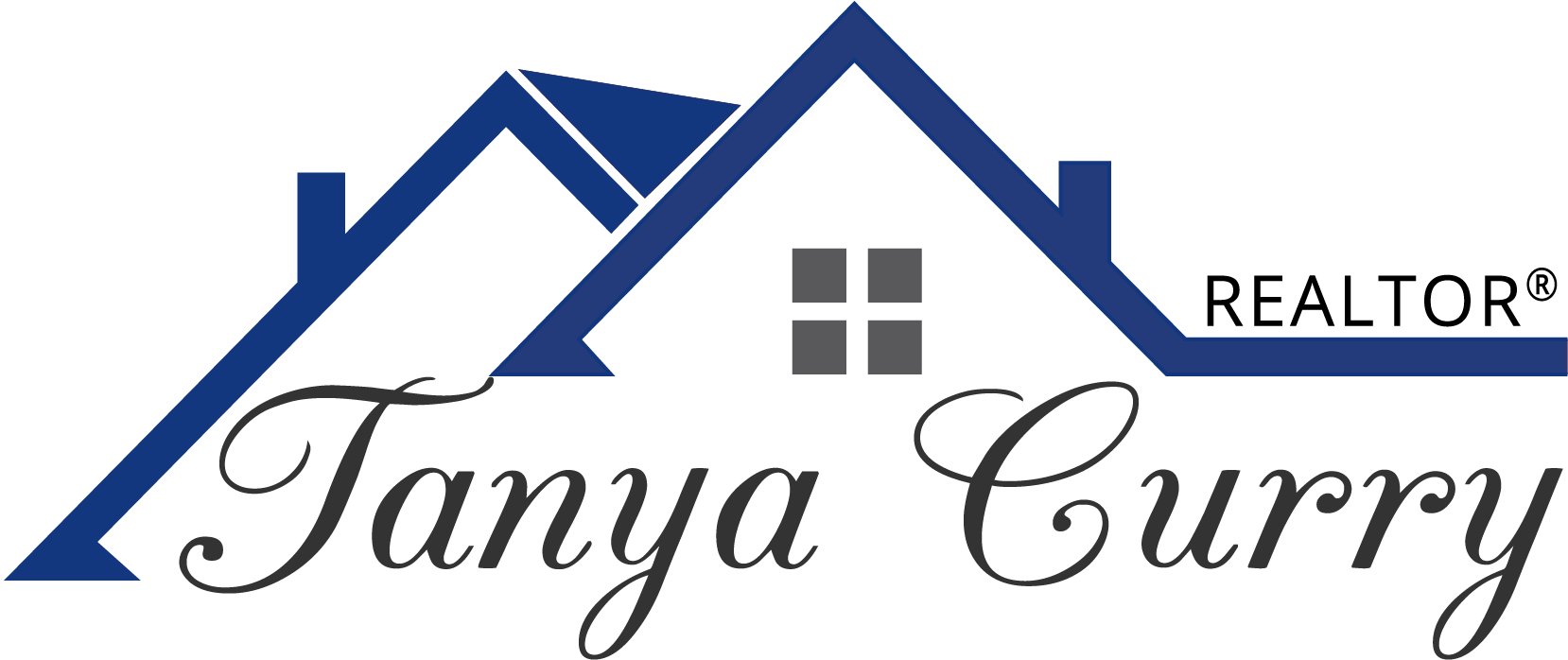Buying a Home
Pros:
- Equity Building: As you pay down your mortgage, you build equity in your home, which can be a significant financial asset
- Stability: Homeownership provides long-term stability, especially if you plan to stay in one place for several years
- Customization: You have the freedom to renovate and personalize your home to suit your tastes and needs
- Tax Benefits: Homeowners may be eligible for tax deductions on mortgage interest and property taxes
- Potential Appreciation: Over time, homes generally appreciate in value, which can lead to a profitable sale in the future
Cons:
- Upfront Costs: Buying a home requires a significant upfront investment, including a down payment, closing costs, and other fees
- Maintenance and Repairs: Homeowners are responsible for all maintenance and repair costs, which can add up over time
- Market Risk: The value of your home can fluctuate with the real estate market, potentially leading to financial loss if you need to sell during a downturn
- Less Flexibility: Selling a home can be a lengthy process, making it harder to relocate quickly
Renting a Home
Pros:
- Flexibility: Renting offers greater flexibility to move without the need to sell a property
- Lower Upfront Costs: Renting typically requires a security deposit and first month's rent, which is much less than a down payment on a home
- No Maintenance Costs: Landlords are generally responsible for maintenance and repairs, saving renters time and money
- Predictable Expenses: Renters have predictable monthly expenses without the risk of unexpected repair costs
Cons:
- No Equity: Rent payments do not contribute to building equity or ownership in the property
- Rent Increases: Rent can increase over time, sometimes significantly, depending on the market and lease terms
- Limited Customization: Renters often have restrictions on making changes to the property
- Less Stability: Renting can be less stable, as leases are typically short-term and subject to renewal
Considerations for Decision-Making
- Financial Situation: Assess your financial stability, including savings, income, and credit score.
- Long-Term Plans: Consider how long you plan to stay in one place. Buying is generally better for long-term stability, while renting offers more flexibility.
- Market Conditions: Evaluate the current real estate market, interest rates, and rental market trends.
- Lifestyle Preferences: Think about your lifestyle and whether you prefer the freedom of renting or the stability and customization of owning a home.



